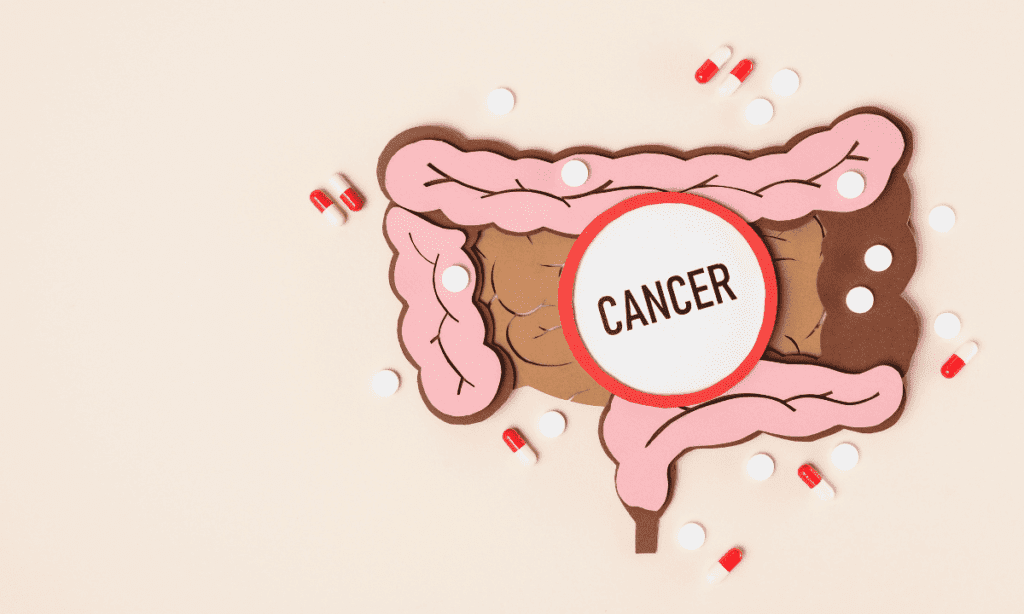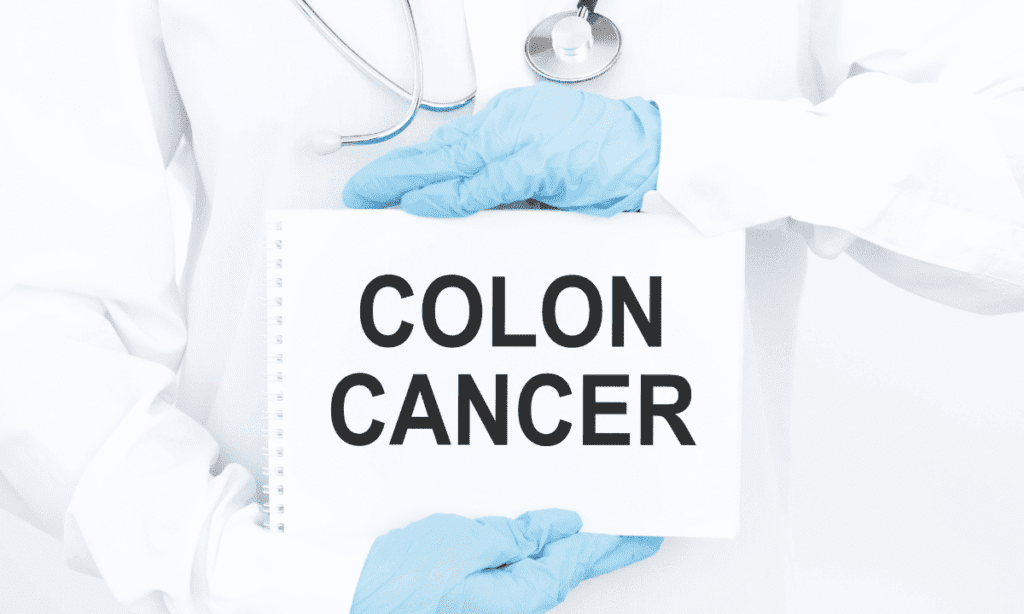HEALTH
4 Warning Signs of Colon Cancer


Don’t ignore these crucial warning signs of colon cancer. Learn about the symptoms that could save your life. Early detection is key – empower yourself with knowledge today
Colon cancer, also known as colorectal cancer, is a serious condition that affects the colon and rectum. Detecting colon cancer early is crucial for successful treatment and better outcomes. In this article, we will discuss four warning signs of colon cancer that you should never ignore.
Colon cancer is a malignant growth that arises in the large intestine. It can develop silently without showing any noticeable symptoms, which makes regular screening and awareness of warning signs crucial.
Detection and Diagnosis
Colon cancer is often discovered through routine screening tests, such as colonoscopy, which allow doctors to detect precancerous growths or tumors early. However, it can also be diagnosed when individuals experience emergency medical conditions caused by the tumor, such as obstruction, perforation, or bleeding.
Symptoms and Advanced Stage
Symptoms of colon cancer usually occur due to the tumor’s growth into the colon’s lumen or adjacent structures. Having symptoms generally indicates that the cancer is in an advanced stage. Common symptoms include changes in bowel habits, hematochezia (fresh blood in stool) or melena (dark, tarry stool), abdominal pain, abdominal distension, and unexplained iron deficiency anemia.


Warning Sign 1: Change in Bowel Habits
Changes in bowel habits, such as diarrhea, constipation, or alterations in stool consistency, are common symptoms of colon cancer. The location of the tumor within the colon can affect the type of bowel habit changes experienced.
Warning Sign 2: Hematochezia or Melena
Hematochezia, the passage of fresh blood in stool, or melena, the passage of partially digested blood leading to dark stool, are important signs of colon cancer. The location of the tumor within the colon determines which of these symptoms is more likely.
Warning Sign 3: Abdominal Pain and Distension
Abdominal pain and distension can result from a tumor causing a partial blockage, rupture in the colon wall, or affecting the abdominal lining (peritoneum). The nature and location of the pain depend on the tumor’s position within the colon.
Warning Sign 4: Unexplained Iron Deficiency Anemia
Unexplained iron deficiency anemia can be a consequence of chronic blood loss in the stool. It is more common with right-sided colon cancers. Anyone with unexplained anemia and low iron levels should consider colon cancer as a potential cause.
Risk Factors
Age and genetics are uncontrollable risk factors for colon cancer. The incidence of colon cancer significantly increases with age. Lifestyle factors such as diet, tobacco use, and alcohol consumption also play a role.


Age and Lifestyle Correlations
Colorectal cancer risk increases as individuals age, and recent trends show it affecting younger populations due to lifestyle factors. Lifestyle habits, including diets high in processed foods and excess sugar, contribute to the risk of colon cancer.
Processed Meats and Cancer Risk


Consumption of processed meats is strongly associated with an increased risk of colon cancer. Nitrates and nitrites, commonly used as preservatives in these meats, can form carcinogenic compounds in the body. Limiting processed meat intake can reduce this risk.
Taking Control of Your Health
While some risk factors are beyond control, such as age and genetics, lifestyle choices can significantly influence your colon cancer risk. Avoiding processed foods, reducing sugar intake, and adopting a healthier lifestyle can help mitigate your risk.
Conclusion
Being aware of the warning signs of colon cancer is crucial for early detection and effective treatment. If you experience any of the symptoms discussed in this article, it’s important to consult a healthcare professional for proper evaluation and diagnosis.
FAQs
Q1: What are the common symptoms of colon cancer? Common symptoms include changes in bowel habits, blood in stool, abdominal pain, distension, and unexplained anemia.
Q2: Can young people get colon cancer? Yes, while the risk increases with age, colon cancer is affecting younger individuals due to lifestyle factors.
Q3: How is colon cancer diagnosed? Colon cancer is often diagnosed through routine screenings like colonoscopy and further diagnostic tests if symptoms are present.
Q4: What role does diet play in preventing colon cancer? A healthy diet rich in fiber and low in processed foods can lower the risk of colon cancer.
Q5: Is colon cancer hereditary? Genetics can play a role, but lifestyle factors also contribute significantly to the risk of colon cancer.

